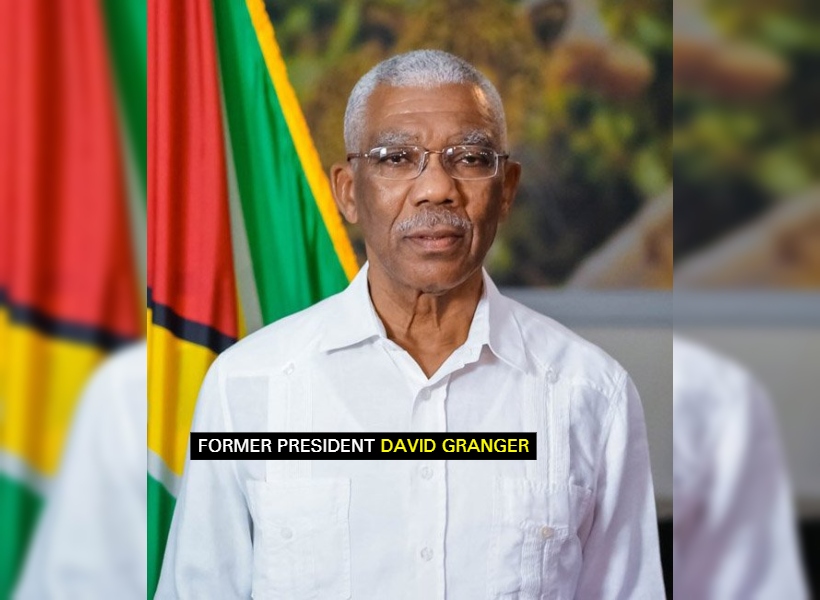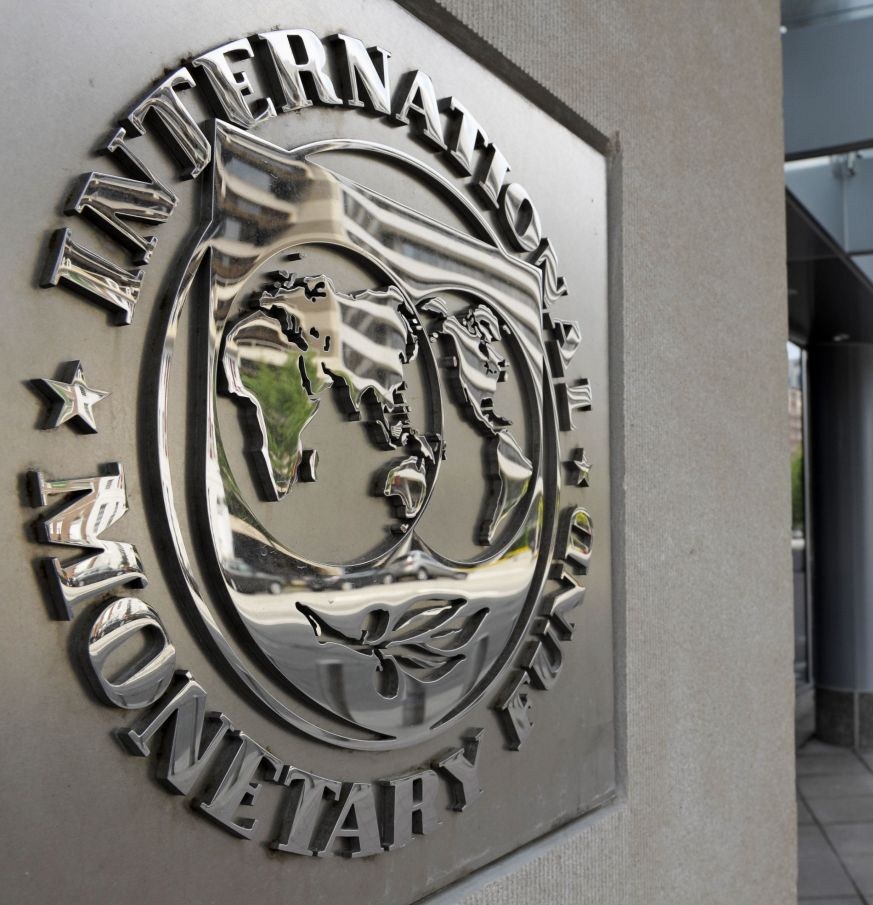The International Monetary Fund (IMF) has found that there are a number of problematic areas in Guyana’s Customs Act which will ultimately affect the proper control that is needed for the oil sector. In one of its latest reports on this matter that was seen today by the Guyana Standard, the financial institution said that the Act describes the powers of a customs officer as those of a police officer under the Police Act.
The Fund noted that the only relevant powers are those quoted in Article 19 of the said Act on powers of an officer in charge of an intercepting boat to search the vessel. The financial body stated however that there is no reference to smuggled goods while noting that it would therefore, not be applicable to large vessels which have not declared legitimate cargo.
In light of this, the IMF was keen to note that international best practice dictates that the authorities of the day define the powers of the customs officer in detail while including powers to examine, uplift and copy books and records; to enter premises where goods liable to customs duty are stored without let or hindrance, or with reasonable grounds for suspicion, enter without a warrant.
The financial institution said, too, that writs of assistance are no longer issued as they have been challenged in the courts of many countries and found defective in law.











